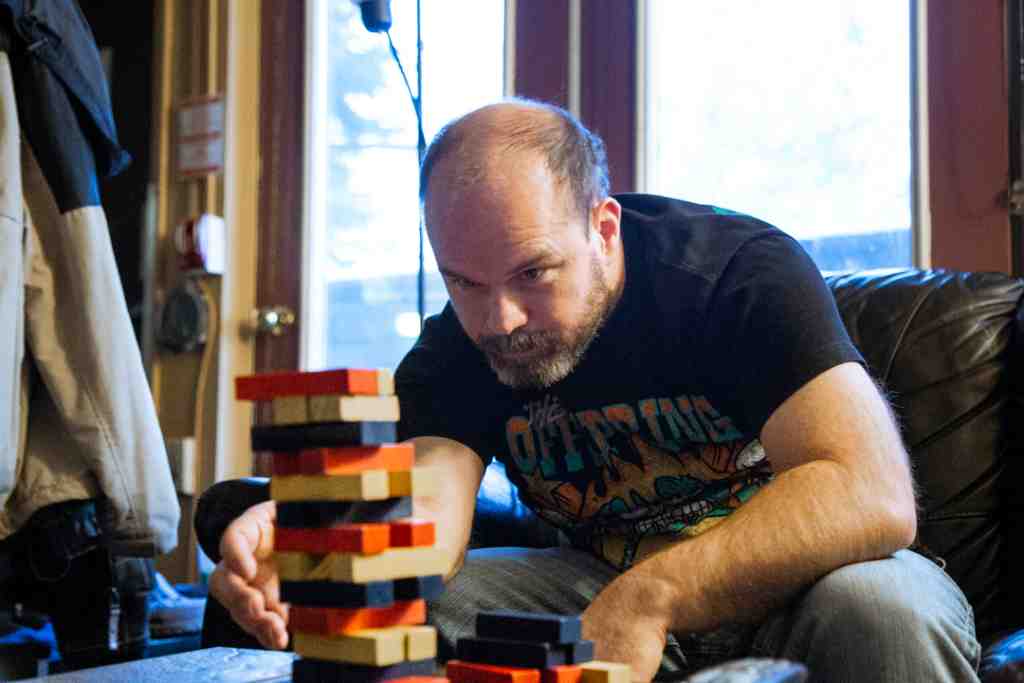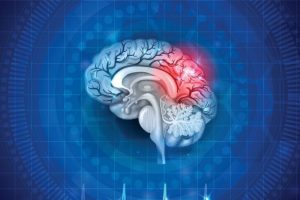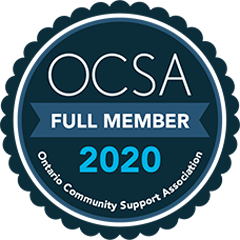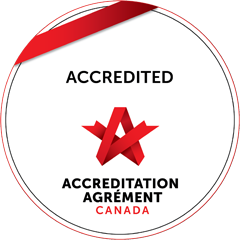Acquired Brain Injury Articles
DEFINITION OF ABI
Developed by the Clinical Data Working Group of the Toronto ABI Network and adopted by their Advisory Committee
TYPES OF HEAD INJURY
Describes the different types of brain and head injuries, including the complication and recovery process.
PHYSICAL CHANGES
Describes how brain injury may lead to physical changes which can be temporary or permanent, severity and location of the brain injury.
COGNITIVE CHANGES
Describes how cognitive changes after brain injury can affect the way a person thinks, learns and remembers.
EMOTIONAL/BEHAVIOURAL CHANGES
Describes changes in a person's emotional reaction or behaviour after a brain injury, often the most difficult for the individual and families to deal with.
HORMONAL CHANGES
Describes some of the common issues as they relate to hormonal changes following an aquired or traumtic brain injury.
FUNCTION & SYMPTOMS
Describes brain anatomy, its functions and symptoms following an aquired or traumtic brain injury.
3D BRAIN INTERACTIVE
Information on disorders, brain damage, case studies, and links to modern neuroscience research.
BRAIN STIMULATION
Describes the anatomy of the brain and its function with a special interactive feature.
RANCHOS LOS AMIGOS SCALE
Describes this medical scale used to assess individuals after a brain injury, based on cognitive and behavioural presentations as they emerge from coma.
STATISTICS
Download the PDF document and view the staggering true numbers - and see how it compares with other health conditions.
MILD TRAUMATIC BRAIN INJURY OR CONCUSSION AND SPORTS
Mild traumatic brain injuries, often referred as concussions, can occur due to a bump, blow, or jolt to the head. They can also happen if an athlete experiences a hit to the body that causes their head to quickly move back and forth.
Acquired Brain Injury Videos
Part 1 : Traumatic Brain Injury
Learn from Dr. Yao about some of the causes of traumatic brain injury (TBI) and what may happen to the brain as a result of the TBI.
Part 2 : Traumatic Brain Injury
What happens when there is an increase in pressure inside your skull. Dr Yao will also touch on what occurs when a brain tumour develops.
Part 1:Acquired Brain Injury Outcome
Learn from Dy. Yao about how factors such as age, severity of injury, pre-existing health conditions as well as having good social supports can impact outcomes.
Part 2:Acquired Brain Injury Outcome
Learn the difference between a mild, moderate and severe traumatic brain injury. Dr. Yao will also explain what are the meanings of the acronyms GCS, PTA, CT and MRI?
Recovery from Acquired Brain Injury
Dr. Yao speaks on recovery during acute and rehabilitation stages of injury, and how families can support their loved ones during recovery.
How it affects the Brain
Source: Dr. James Kelly, Professor of Neurosurgery and Physical Medicine and Rehabilitation at the University of Colorado Denver School of Medicine.
Brain Anatomy Support Videos
Part 1 : Parts of the Brain
In the first video, Dr. Jennifer Yao talks about the two hemispheres of the brain as well as the frontal and parietal lobes.
Part 2 : Parts of the Brain
In this second video, Dr. Jennifer Yao explains the function of the temporal and occipital lobe and the cerebellum and brainstem.
Part 3 : Parts of the Brain
In the third video Dr Yao talks about the ventricles, the cerebral spinal fluid and the oxygen needed for the brain to function.
What is a Stroke?
Dr. Jennifer Yao distinguishes between the different types of strokes including ischemic, hemorrhagic and lacunar.
Stroke Videos
How to Recognize a Stroke
FAST is a public health campaign produced by the Heart Disease and Stroke Prevention Program at the Massachusetts Department of Public Health.
Recovery After a Stroke
Learn from Dr. Yao what may happen during recovery stage, neural plasticity and the difference in the speed of motor versus speech recovery




